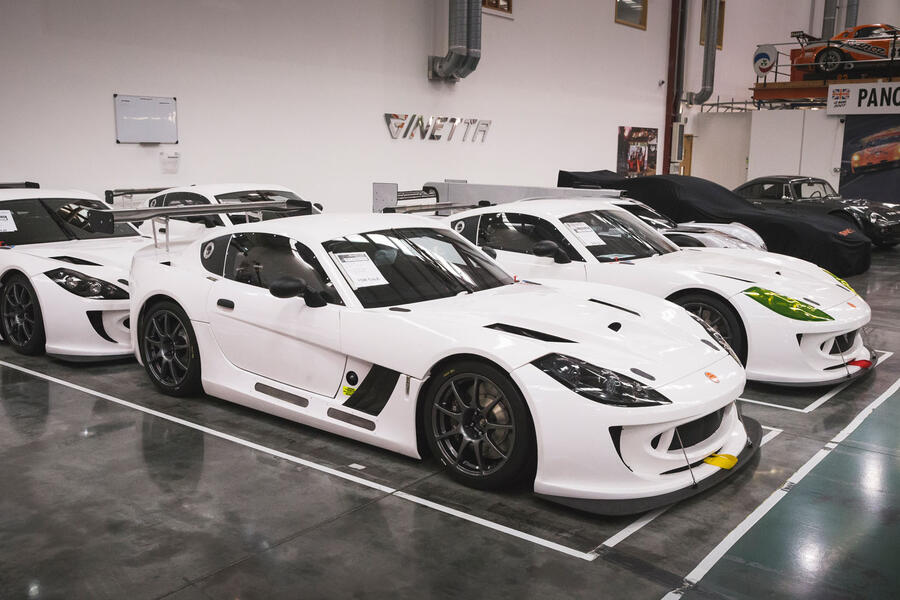The UK’s low-volume sports car industry has been given a lifeline as lawmakers confirmed they may continue to sell ICE cars in the European Union after the 2035 ban.
“This will for sure open more doors for us,” Neill Briggs, co-founder of BAC, told Autocar, and fellow firms are also buoyed by the news.
The new EU rules, officially passed last week (14 February), effectively ban sales of new ICE cars and commercial vehicles from 2035 by requiring a 100% reduction in CO2 emissions from new vehicles sold in the market.
However, manufacturers that register fewer than 1000 cars annually will be exempt from the ban. This means that some of the UK’s celebrated niche marques – BAC, Ginetta and Morgan, to name a few – will be able to continue exporting their most popular models to the continent.
Read more: EU Parliament confirms 2035 ban on new petrol and diesel cars
The rules won't cover the UK, due to the country's departure from the EU through Brexit.
Asked if a similar exemption would be mirrored here, a spokesperson for the Department for Transport told Autocar that a final report detailing the UK’s proposals would be published “soon” and – when pressed – didn't rule out the prospect that this could be included.
They added that the paper, reporting on a final consultation of the UK’s plan, “will take into consideration the role of small-volume manufacturers” for the “UK-specific regulations”.
Ariel founder Simon Saunders and Ariel Nomad development engineer Henry Siebert-Saunders seemingly confirmed the news, telling Autocar the exemption “which will feed into the UK legislation” is “very welcome and gives us more flexibility as we move towards zero emissions”.
A spokesperson for Morgan (whose Super 3 isn't affected by the change because it is homologated as a tricycle) said: “We're in ongoing discussions with UK legislators and are hopeful there will be a positive outcome. However, it's too early to comment at this stage.”
![]()










Join the debate
Add your comment
I am able to create $88/h to complete few jobs on home computer. k4 I’ve never thought that it’s even achievable but my closest mate earning $25k only within five weeks simply working this leading project & she had convinced me to join…Discover extra details by going following link....... www.jobsrevenue.com
I would guess, the USA, Japan, and everywhere else making cars for the rest of the world. Its really only Europe that wants to ban things.
I am able to create $88/h to complete few jobs on home computer. j4 I’ve never thought that it’s even achievable but my closest mate earning $25k only within five weeks simply working this leading project & she had convinced me to join…Discover extra details by going following link....... www.jobsrevenue.com